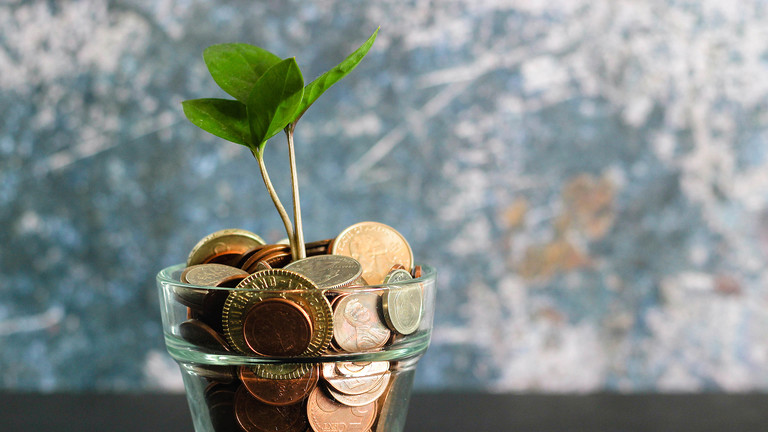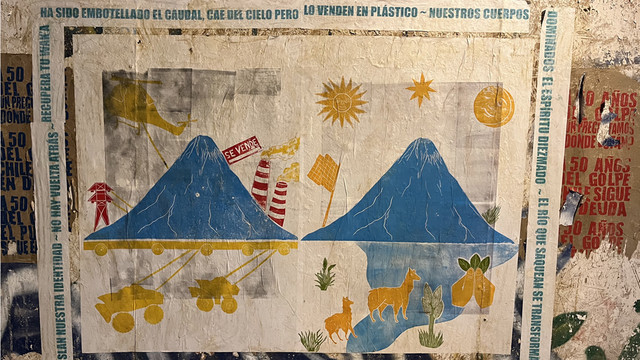A green recovery for inclusion: debt relief and special drawing rights for climate action
This online event on 7 July 2021 explored how special drawing rights can be reallocated to support climate vulnerable countries.

Comprehensive financial packages will be needed to provide the certainty around fiscal space that countries need to recover from the COVID-19 pandemic and be more resilient to future climate shocks (Photo: Micheile Henderson via Unsplash, public domain)
The burden of debt on low- and middle-income countries has been exacerbated by the COVID-19 pandemic. It threatens to delay the economic recovery and the introduction of measures to address climate change.
This IIED Debates event, co-hosted with E3G, explored what is needed to finance green recovery for inclusion and the role of debt relief and special drawing rights (SDRs) for climate and nature action.
Even before the pandemic hit, debt distress levels had grown, with debt levels reaching over 60% of gross domestic product and debt servicing taking up over 20% of government spending in many low-income countries.
Although the World Bank and International Monetary Fund (IMF) have promoted through the G20 a debt service suspension initiative to free up countries’ financial resources to combat the COVID-19 pandemic, it does not go far enough to maintain critical climate and nature spending in order to prevent future potentially catastrophic climate and nature-induced economic damage.
A more comprehensive package will be needed to provide the certainty around fiscal space that countries need to recover and be more resilient to future climate shocks. As well as hampering economic recovery, this debt distress also constrains countries ability to combat climate change, research from IIED and E3G has shown.
Growing attention is also being focused on the issuance of US$650 billion SDRs and how the reallocation of these SDRs could support developing countries. The G7 has already sent the initial signal in its communique: “We encourage the IMF to work quickly with all relevant stakeholders to explore a menu of options for channelling SDRs to further support health needs, including vaccinations, and to help enable greener, more robust recoveries in the most affected countries, supporting the poorest and most vulnerable countries in tackling these urgent challenges.”
To reap the maximum benefit, these SDRs should be additional to and not replace existing aid commitments.
Ahead of the G20 finance ministers and central bank governors' meeting in Venice from 9-11 July, this event asked high-level speakers what is needed to support a growing initiative for debt management for climate and nature?
How might SDRs be reallocated to support climate vulnerable countries? And what are the needs of climate vulnerable developing countries for debt management and SDRs?
About the speakers
- Jeromin Zettelmeyer is deputy director in the strategy, policy and review department at the International Monetary Fund
- Flavien P Joubert is Minister for Agriculture, Climate Change and Environment in the Seychelles
- Patrick Payet is secretary of state for the Department of Finance in the Ministry of Finance, Economic Planning and Trade in the Seychelles
- Laura Kelly is director of IIED's Shaping Sustainable Markets research group
- Andrew Norton, moderator, is director of IIED
About IIED Debates
This event was part of the IIED Debates series. Through the convening of expert speakers and external stakeholders, IIED brings together an international community to discuss critical issues.
IIED Debates encompass both physical and digital events, including critical themes, breakfast debriefs and webinars. These events are public and are hosted regularly throughout the year online and when possible in our London and Edinburgh offices.
IIED events newsletter
Sign up to our mailing list for updates and invitations to events throughout the year, including webinars, critical themes and debriefs.
Contact
Juliette Tunstall (juliette.tunstall@iied.org), IIED's internal engagement and external events officer



